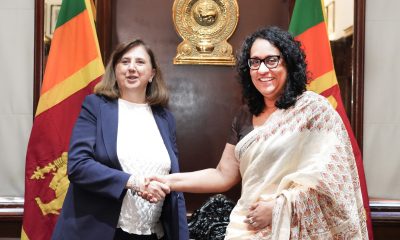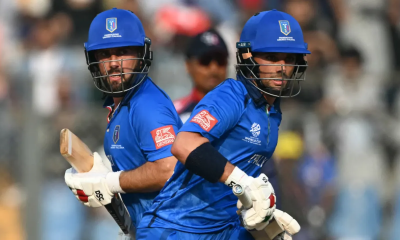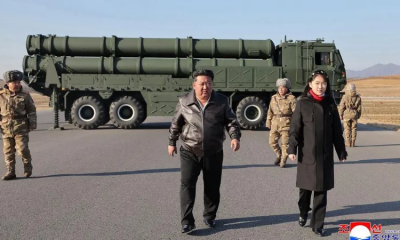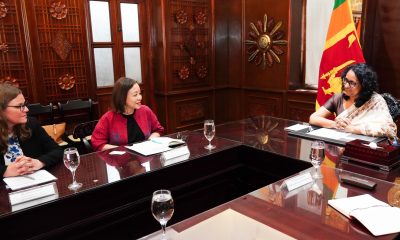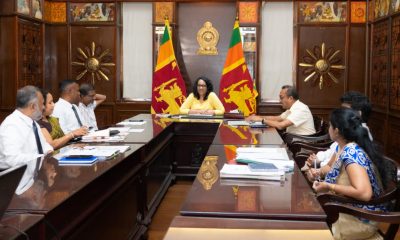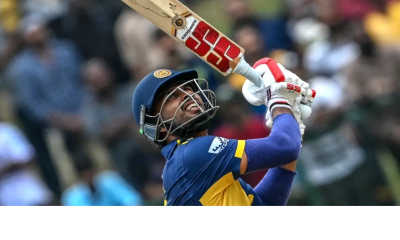News
Herath: COPE dissolution must not hinder probe into economic crisis
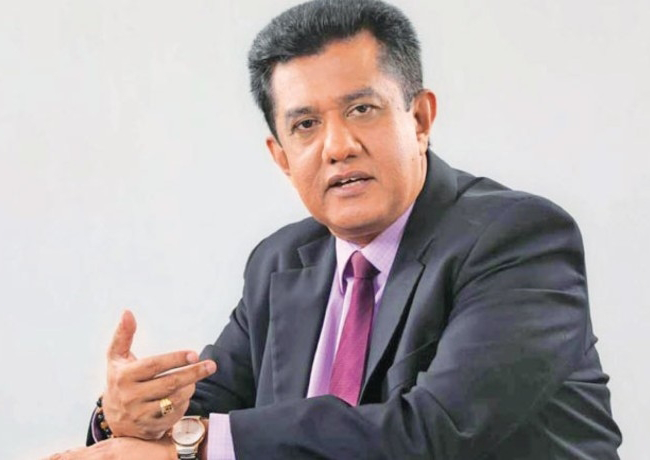
by Shamindra Ferdinando
Former Chairman of the Committee on Public Enterprises (COPE) Prof. Charitha Herath yesterday (07) said that though the prorogation of the Parliament led to the dissolution of the watchdog committee it shouldn’t hinder a planned inquiry to identify those responsible for the current economic chaos.
Prof. Herath said that the COPE was about to initiate the probe when the prorogation of the Parliament took place. President Ranil Wickremesinghe prorogued the House at midnight on July 28, just a week after the Parliament overwhelmingly elected him to complete the remainder of President Gotabaya Rajapaksa’s five-year term, won at the Nov 2019 presidential poll.
In a brief interview with The Island, Prof. Herath said as a result of the prorogation, he no longer functioned as the COPE Chairman. All committees, except the High Post Committee, chaired by Speaker Mahinda Yapa Abeywardena, Sectoral Oversight Committees and Select Committees of Parliament, stand dissolved, lawmaker Herath said, urging the powers that be to ensure the continuation of the inquiry.
The proposed inquiry would be largely based on a report received by the Parliament from Auditor General W.P.C. Wickremeratne several weeks ago, Prof. Herath said.
Prof. Herath said that the parliamentary watchdog, he headed, had planned daily sittings over a period of two weeks to inquire into the entire gamut of issues that finally led to the declaration made by incumbent Governor of the Central Bank, Dr. Nandalal Weerasinghe, on 19 May, that the country was no longer in a position to service its foreign debt. This was a week after UNP leader Ranil Wickremesinghe accepted the premiership, Prof. Herath said, while stressing the responsibility on the part of the Parliament to conduct a no holds barred investigation into the whole affair.
According to the first-time entrant to the Parliament, the inquiry was to be launched on July 19, but couldn’t due to the political upheaval, caused by the forced resignation of President Gotabaya Rajapaksa.
Among those asked to appear before the parliamentary committee were the Governor of the Central Bank, Dr. Nandalal Weerasinghe, and his predecessors, Prof. W.D. Lakshman (Dec 2019-Sept 2021) and Ajith Nivard Cabraal (Sept 2021-March 2022), former Secretary to the President Dr. P.B. Jayasundera (Nov 2019-Dec 2021), Finance Secretary Mahinda Sirisiwardana and his predecessors, S.R. Attygalle and Dr. S.R. Samarasinghe, who now functions as an advisor to President Ranil Wickremesinghe.The COPE also planned to summon former members of the Monetary Board, Sanjiva Jayawardena, PC, and Dr. Ranee Jayamaha and others. Governor, CBSL and Secretary to the Treasury are ex-officio members of the Monetary Board.
Asked whether he would like to be re-appointed as COPE Chairman, Prof. Herath said that as his outfit inquired into the issues at hand pertaining to overall financial crisis that caused massive protest campaign, leading to President Gotabaya Rajapaksa’s ouster without fear or favour those interested in serving the watchdog again should be accommodated. Prof. Herath said that he was ready to give the required leadership to it, especially against the backdrop of President Wickremesinghe’s assurance to the Parliament, regarding a high profile anti-corruption campaign.
Herath quoted President Wickremesinghe as having told the Parliament that: “It is essential to completely eliminate bribery, corruption and fraud from our society. I will implement a national policy to combat bribery and corruption. New rules and regulations and orders in this regard are being prepared by the Ministry of Justice. A consensus will be reached with the International Monetary Fund regarding combating corruption.”
Prof. Herath emphasized that regardless of consensus on political matters, the current crisis couldn’t be addressed unless tangible measures were taken to discipline the public sector and also thwart corrupt practices involving the public and private sectors.
Prof. Herath said that those who could provide information, relating to the inquiry, would be given an opportunity to do so.When The Island pointed out he may not be even considered for re-appointment as COPE Chief due to him joining the rebel group, that backed Dullas Alahapperuma, at the presidential contest, Prof. Herath stressed that he was confident his political stand shouldn’t be a disqualification. Should it be the case, would there be any purpose in even talking about an all-party arrangement to address issues at hand.Prof. Herath said that the country couldn’t move forward without establishing who brought on this catastrophe in our country.
Declaring old political strategies would be irrelevant in the current context, Prof. Herath said that no one could challenge the process adopted in the election of President Wickremesinghe as the 8th President.
Lawmaker Herath told a recent media briefing, chaired by SLPP Chairman Prof. G.L. Peiris, at the Madiwela residence of SLPP MP Wasantha Yapa Bandara, that not only legality of a process but legitimacy, too, was of pivotal importance.
Prof. Peiris emphasized that unless political actions that had been constitutionally correct, received legitimacy, those responsible would always be at a conflict with the public. There couldn’t be a better example than the referendum ordered by the then President J.R.J, in 1982, meant to extend the life of his government by six years, Prof. Herath said.
“No one could find fault with J.R.J for exercising his powers in terms of the Constitution. Therefore, there was no issue with regard to the referendum that allowed the first Executive President to extend the life of the Parliament. The action, in spite of being controversial, is in line with the Constitution. But, J.R.J’s action never received legitimacy. It never will,” Prof. Herath said.
The catastrophic consequences of J.R.J’s actions should be examined, taking into consideration the eruption of separatist Tamil terrorism in the early 80s and the launch of the second JVP-led insurgency, in the wake of the proscription of that party on political grounds, the MP argued.
Prof. Herath urged all political parties, particularly those in power, to secure the legitimacy by taking into consideration concerns raised by various stakeholders. Responding to another query, Prof. Herath recalled how the then COPE Chairman, DEW Gunasekera, was deprived of an opportunity to hand over his report on the Treasury bond scams by the hasty dissolution of Parliament by President Sirisena, in late June 2015. “We shouldn’t repeat past mistakes. People have suffered enough. Therefore, let there be a clear stand on creating an administration responsible and acceptable to all.”
News
Prime Minister meets delegation from the European External Action Service
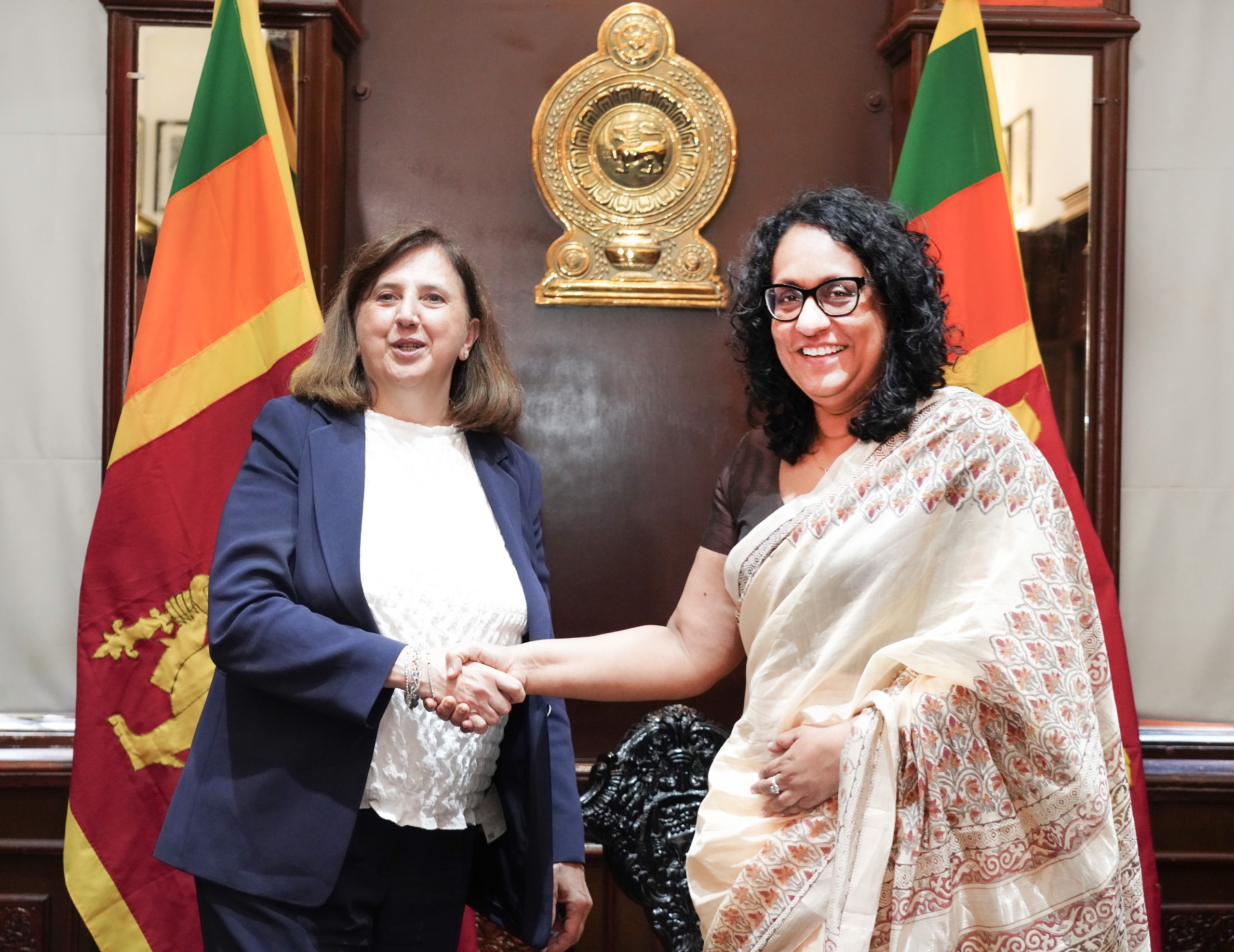
Prime Minister Dr. Harini Amarasuriya met with the representatives of the European External Action Service [EEAS] on Tuesdqy [10 th February] at the Prime Minister’s office.
Welcoming the delegation from the European External Action Service (EEAS), the Prime Minister emphasized the importance of further strengthening and deepening the long-standing partnership between Sri Lanka and the European Union, noting the role of the European Union as a key development and economic partner.
The Prime Minister also expressed appreciation for the timely assistance extended by the European Union to Sri Lanka in response to the recent cyclone, highlighting the EU’s continued solidarity and support during times of need.
Attention was drawn to the need to expand economic cooperation between Sri Lanka and the European Union. The Prime Minister underscored the importance of undertaking necessary legislative and policy reforms to facilitate enhanced economic engagement, trade, and investment.
The delegation was briefed on the ongoing initiatives and reforms being implemented by the new Government aimed at strengthening economic stability, governance, and creating a conducive environment for sustainable growth and international cooperation.
The meeting was attended by the Acting Managing Director for Asia and the Pacific in the European External Action Service, EU co-chair of the Joint Commission, Ms. Paola Pampaloni; EU Ambassador, Head of EU Delegation Ms. Carmen Moreno and the representatives of European External Action Services and Delegation of the European Union, and Additional Secretary to the Prime Minister, Ms. Sagarika Bogahawatta and the officials from the Ministry of Foreign Affairs, Foreign Employment, Tourism Sri Lanka.
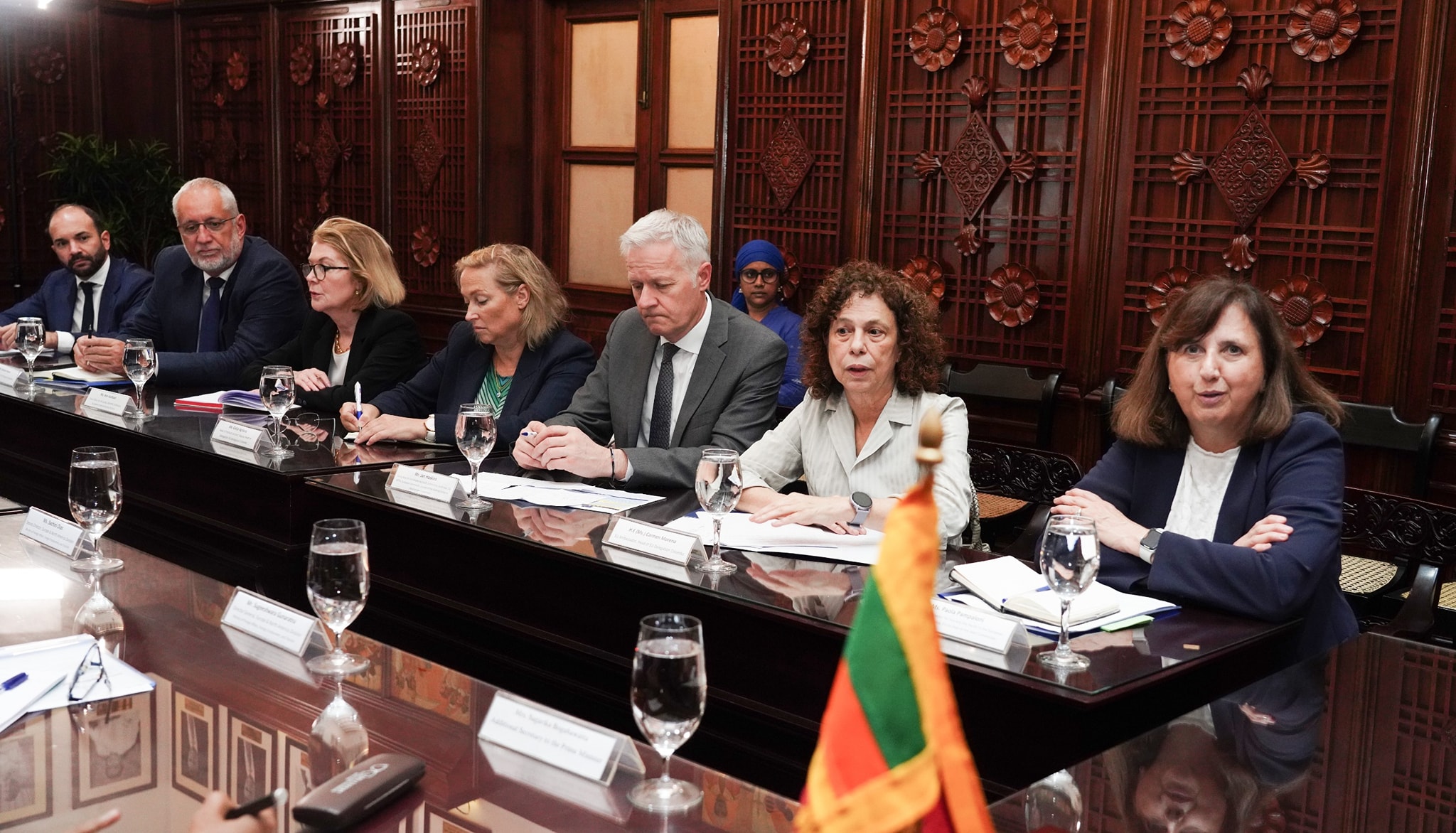
[Prime Minister’s Media Division]
Business
Newly appointed ADB Country Director to Sri Lanka and delegation meet PM
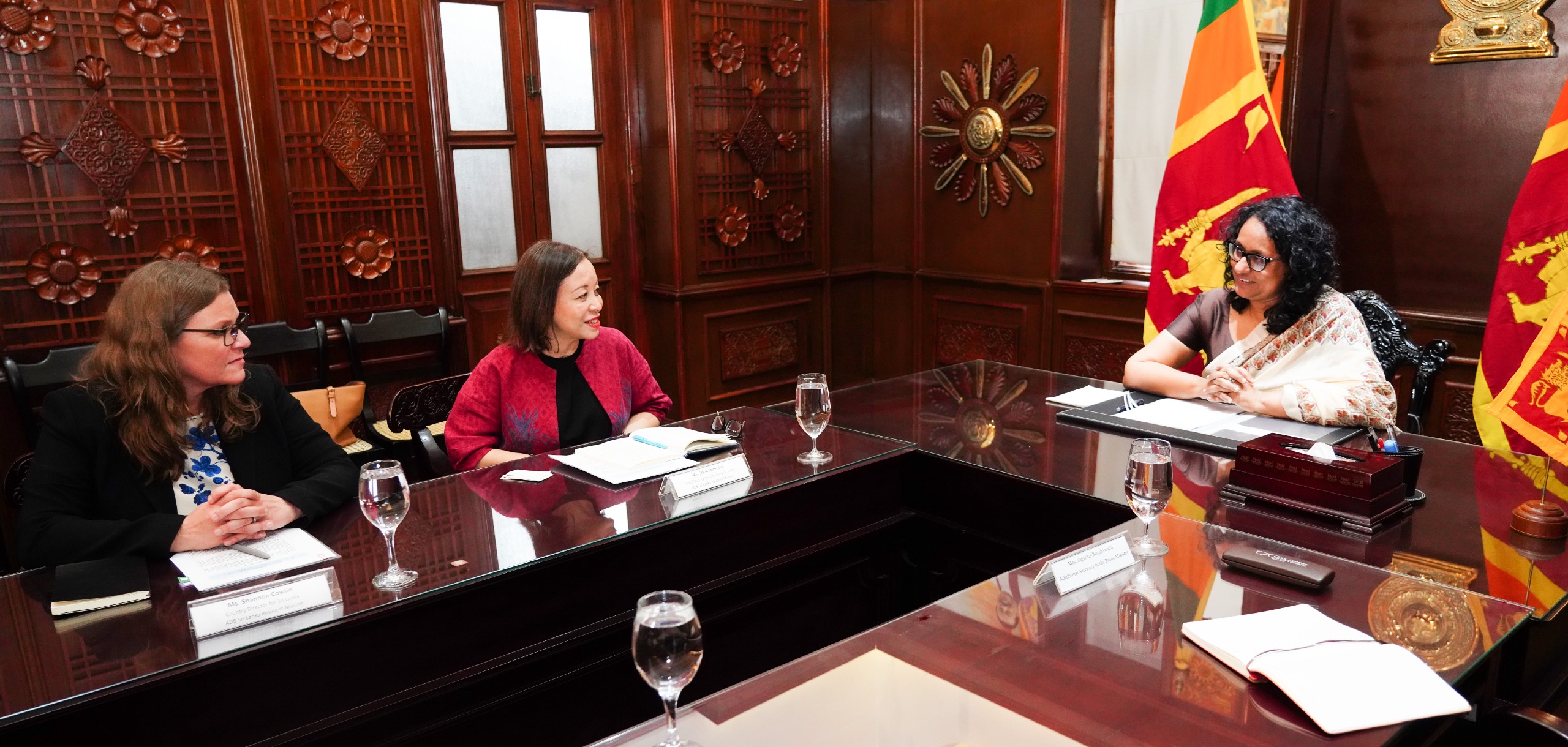
The newly appointed Country Director of the Asian Development Bank for Sri Lanka Ms Shannon Cowlin and the accompanying delegation met with Prime Minister Dr. Harini Amarasuriya on Tuesday [0th of February] at the Prime Minister’s office.
Welcoming the delegation, the Prime Minister extended congratulations to the newly appointed Country Director and acknowledged the long-standing partnership with the Asian Development Bank. The Prime Minister also expressed appreciation for ADB Bank’s continued engagement and support aligned with Sri Lanka’s national development priorities.
The Prime Minister also conveyed gratitude for the timely assistance extended by the ADB in response to Cyclone Ditwah, noting the importance of such support in mitigating the immediate impacts of natural disasters.
The ADB delegation reiterated its readiness to further assist Sri Lanka during the post-cyclone recovery phase, including rebuilding and reconstruction efforts, and emphasized its commitment to the supporting the education sector.
The meeting was attended by OIC / Deputy Director General, SARD Ms. Sona Shrestha, Ms. Cholpon Mambetova Country Operations Head of ADB Sri Lanka Mission Resident, Additional Secretary to the Prime Minister Ms. Sagarika Bogahawatta, Director General of the External Resource Department, Ministry of Finance Samantha Bandara, Director for ADB Division in External Resource Department, Ministry of Finance Ranjith Gurusinghe.
[Prime Minister’s Media Division]
News
School student transport services are being regulated
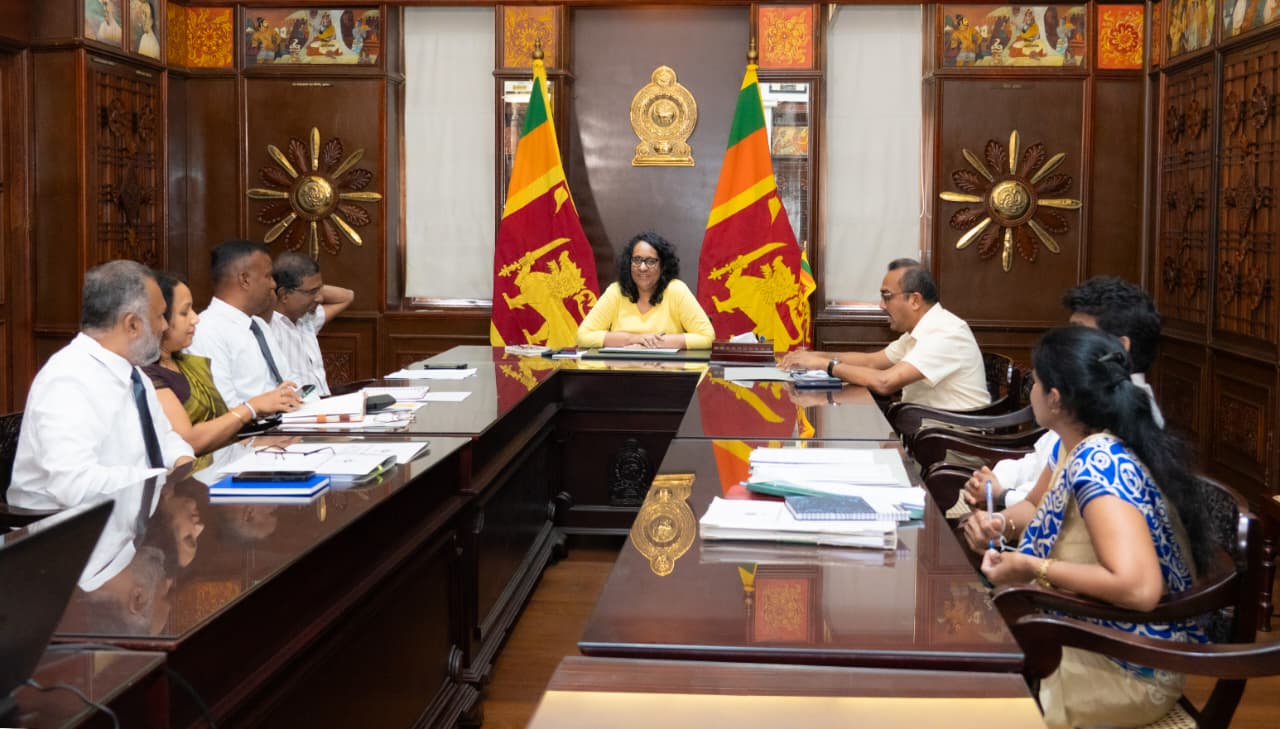
A discussion on regulating school student transport services was held on the 09th of February at the Prime Minister’s Office under the patronage of Prime Minister Dr. Harini Amarasuriya, with the participation of officials from the National Transport Commission and the Ministry of Education.
The authority for regulating school student transport has been vested with the National Transport Commission, and as the relevant draft of regulations have already been prepared, discussions were held on the provisions contained in these drafts as well as on new proposals that should be incorporated.
During the discussion, the attention was focused on meeting the emerging needs of transportation arising from the schools, minimizing issues encountered in the transportation of school students by establishing an organized transport mechanism, and deploying the “Sisu Sariya” school transport service in a more efficient and effective manner followed by the new educational reforms process.
Discussions were also held on introducing laws and regulations to systematize the transportation of schoolchildren, prioritizing child protection by preventing reported incidents of abuse and harassment during student transport, and enhancing professionalism among school transport service providers to ensure a responsible and accountable service.
The focus was also emphasized on the need for coordinated action among the Ministry of Transport, Highways and Urban Development, the National Transport Commission, the Ministry of Education, Higher Education and Vocational Education, and the National Child Protection Authority.
The discussion was attended by the Minister of Transport, Highways and Urban Development Bimal Rathnayake, Chairman of the National Transport Commission P. A. Chandrapala, officials of the National Transport Commission, and the officials from the Ministry of Education, Higher Education and Vocational Education.
[Prime Minister’s Media Division]
-

 Features5 days ago
Features5 days agoMy experience in turning around the Merchant Bank of Sri Lanka (MBSL) – Episode 3
-

 Business6 days ago
Business6 days agoZone24x7 enters 2026 with strong momentum, reinforcing its role as an enterprise AI and automation partner
-

 Business5 days ago
Business5 days agoRemotely conducted Business Forum in Paris attracts reputed French companies
-

 Business5 days ago
Business5 days agoFour runs, a thousand dreams: How a small-town school bowled its way into the record books
-

 Business5 days ago
Business5 days agoComBank and Hayleys Mobility redefine sustainable mobility with flexible leasing solutions
-

 Business2 days ago
Business2 days agoAutodoc 360 relocates to reinforce commitment to premium auto care
-

 Business6 days ago
Business6 days agoHNB recognized among Top 10 Best Employers of 2025 at the EFC National Best Employer Awards
-

 Midweek Review2 days ago
Midweek Review2 days agoA question of national pride


